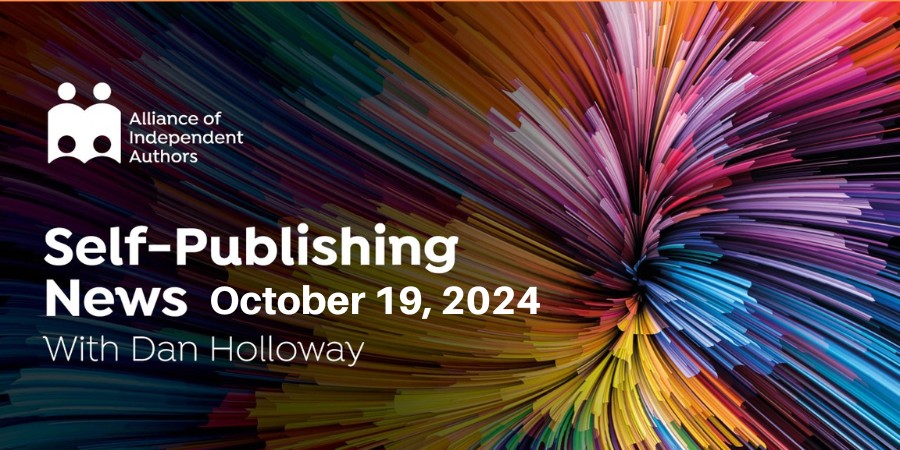How do you stop companies from using your book or other writing to train their large language models? The answer, as I have been reporting a few times, is to apply code or metadata to your files that tells the scraping algorithms to go elsewhere. The latest distributor to allow such metadata to be attached is Bookwire, which has partnered with Liccium to offer the service. Liccium has done a lot of work with the technical and regulatory infrastructure of the literary world to provide an effective and enforceable service.
AI Licensing Options: Opt In or Opt Out

ALLi News Editor, Dan Holloway
What is interesting is that this move comes alongside the offering of AI licensing rights from Bookwire. That is to say, the firm allows you to opt in to any cash bonanza from tech firms or to tell those same tech firms to take a running jump. This feels like it will become an increasing model among platforms that will have to cater to a whole range of attitudes toward AI.
What impact will measures like this have on the development of those large language models? Well, the CEO of Anthropic, Dario Amodei, the company behind Claude, has chosen Nobel season to argue that by 2026 AI will reach the level of Nobel laureates in the sciences. In literature too? Well, he does say that by then AI will write “extremely good novels” (which to someone of my vintage just makes me think of “exceedingly good cakes”—let’s settle on the notion that he thinks AI will write like Kipling).
AI and the Creative Process: ‘Machines of Loving Grace'
 Amodei has written a, count them, 15,000-word essay on the subject. His position is left absolutely unambiguous in the essay’s title, Machines of Loving Grace, a reference to Richard Brautigan’s celebrated poem, “All Watched Over by Machines of Loving Grace,” which also gave its name to a decidedly less technophile documentary by Adam Curtis.
Amodei has written a, count them, 15,000-word essay on the subject. His position is left absolutely unambiguous in the essay’s title, Machines of Loving Grace, a reference to Richard Brautigan’s celebrated poem, “All Watched Over by Machines of Loving Grace,” which also gave its name to a decidedly less technophile documentary by Adam Curtis.
To draw all of this together with the previous story from this week about long and short reads, I would highly recommend anyone seeking to acquaint themselves with “the story so far” on writing, creativity, and AI to read Rachel Ossip’s long read on the subject from last week about the relative places of humans and AI in the creative process.
Thoughts or further questions on this post or any self-publishing issue?
If you’re an ALLi member, head over to the SelfPubConnect forum for support from our experienced community of indie authors, advisors, and team. Simply create an account (if you haven’t already) to request to join the forum and get going.
Non-members looking for more information can search our extensive archive of blog posts and podcast episodes packed with tips and advice at ALLi's Self-Publishing Advice Center.




